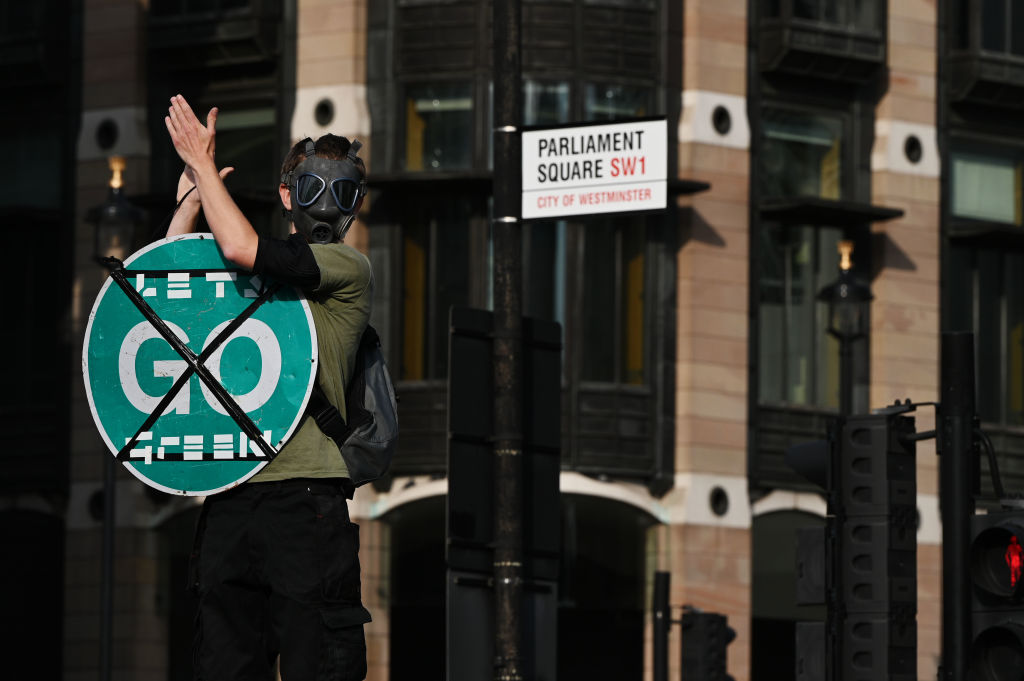Boris Johnson’s ‘green industrial revolution’, which was announced this week, looks doomed from the outset. From our heating to how we transport food, the proposals would mean a complete overhaul in the way we live. Yet barely a word has been said about the immense practical difficulties involved in Johnson’s ten-point plan for Britain to go carbon neutral by 2050. Make no mistake, it will be close to impossible to achieve – and even trying could prove catastrophic.
Nowhere is the flaw in the government’s plan more clearly exposed than in the announcement that sales of new petrol, diesel and hybrid cars will be banned by 2030. There are more than 38.9 million cars, vans and lorries on our roads today. We would likely need to build over ten million charging points – amounting to thousands a day between now and 2030 – to totally switch over to electric vehicles. Is this really realistic?
And can our current infrastructure cope with this surge in demand? Typical UK homes use a daily average of 2kW of electricity throughout most of the year, which rises to a peak of around 7kW during winter.

Get Britain's best politics newsletters
Register to get The Spectator's insight and opinion straight to your inbox. You can then read two free articles each week.
Already a subscriber? Log in






Comments
Join the debate for just £1 a month
Be part of the conversation with other Spectator readers by getting your first three months for £3.
UNLOCK ACCESS Just £1 a monthAlready a subscriber? Log in